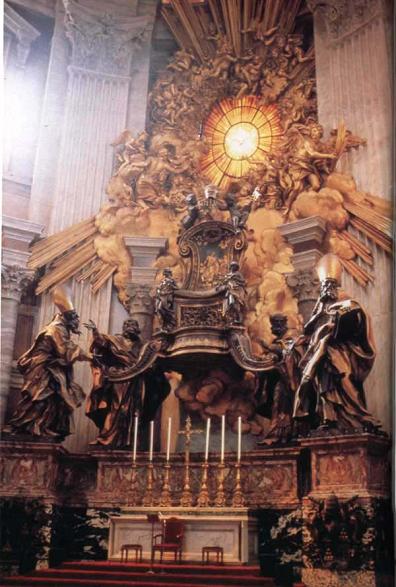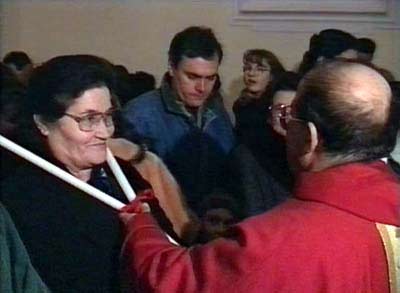Be ready to repent
Being “only human” also means that we are going to die and that there will be nothing left of us except ashes or worm food.
Being “only human” also means that everything we do will be forgotten and disappear from the earth. It may take a few years or a few millennia, but sooner or later there will be not a trace that we ever existed.
Being “only human” also means that we have fallen short of our potential, for we were created in the image of God and anything short of union with God means eternal frustration and emptiness.
Today’s readings (Jonah 3:1-10 and Luke 11:29-32) remind us of the necessity and the power of repentance.
Like the people of Nineveh and like the queen of the south, we need to be listening for God’s wisdom: ready to recognize how we fall short, ready to repent, ready to change our lives, and ready to go forward and grow in the grace, truth, and love of our Lord and Savior Jesus Christ.
Lord Jesus Christ, Son of the living God, be merciful to me - a sinner.
 A Penitent Blogger
A Penitent Blogger




